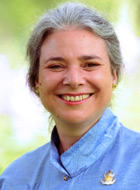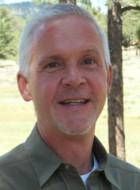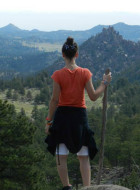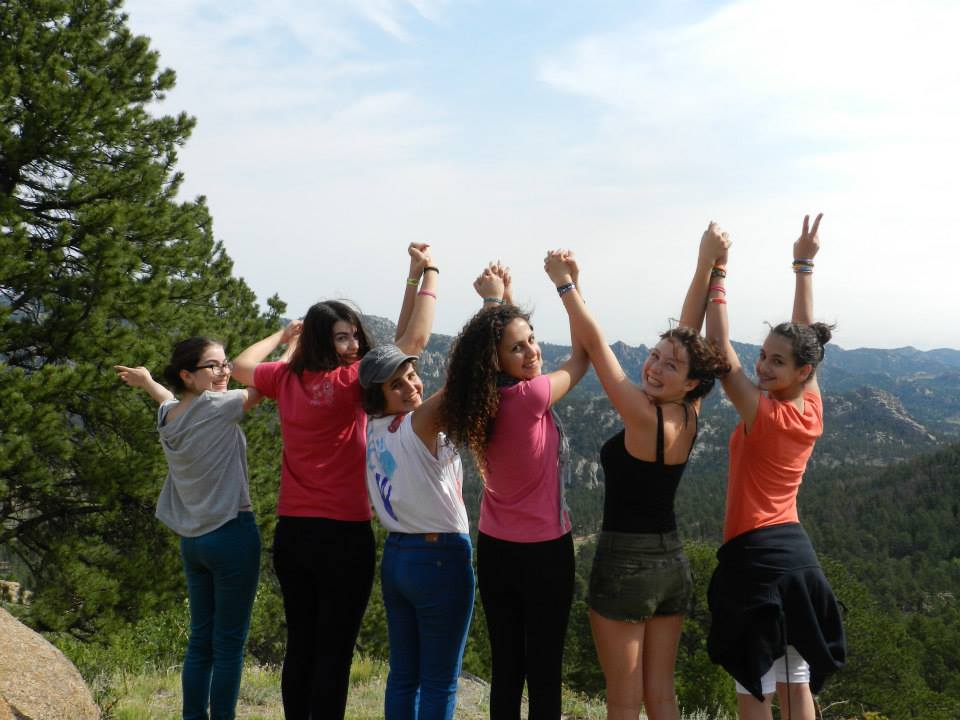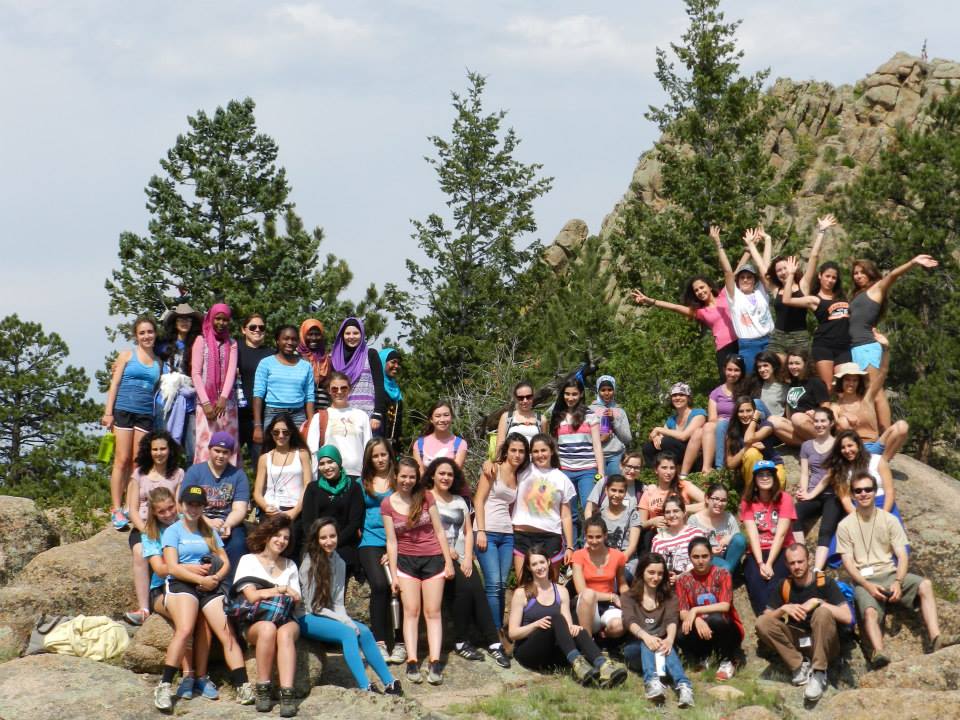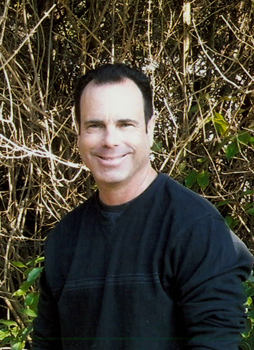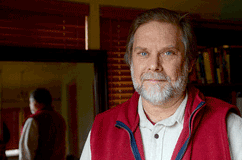By Travis Newbill
President Richard Reoch leads The Six Ways of Ruling: Surviving, Transforming, and Working with Others, January 31-February 2.
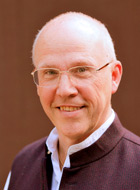
Richard Reoch
Who are the “leaders,” anyway? Are the leaders “us” or “them”? Are we all leaders? The notion of leadership may arise in various contexts: we all strive to lead decent lives; when two people are dancing a tango, one person is leading (or else there will be extreme sloppiness, if not injury); some of us are in positions in which we lead groups of people in one way or another on a daily basis.
For leaders of any sort, there is profound guidance to be found within a set of teachings whose roots extend 2,600 years into human history. The Six Ways of Ruling stem from teachings on enlightened society given by the Buddha and were articulated in this age by Chögyam Trungpa Rinpoche–founder of the modern day Shambhala tradition–as a means to train his successor as Sakyong (“Earth Protector” or “King”). Only in the last decade have the teachings been made available to the public.
This coming January, Richard Reoch, the President of Shambhala, will present The Six Ways of Ruling in a weekend program at SMC. Recently, President Reoch generously made time in his schedule to have some discussion about what these teachings are all about, and who may benefit from engaging with them.
Can you describe the history of these teachings and who they may be applicable to?
President Reoch: When Trungpa Rinpoche first presented these teachings, he presented them as the training of the new Sakyong: When the prince first sees how much chaos and drama there is in the world, of all sorts, and how much needs to be accomplished during his reign, he might lose heart. So, Trungpa Rinpoche says, in order to accomplish his purpose while he’s the Sakyong, he needs to be thoroughly accomplished in the Six Ways of Ruling.
I see.
And from that perspective, these teachings are a recipe, or an orientation, for that kind of leadership. At the same time, of course, the notion of Sakyong and Sakyong Wangmo [the female counterpart] is meant to be an indicator and an inspiration for how we lead our own lives.
So, we are all leaders–kings and queens–in a sense?
There is a quality in which you need to attend to your own life. You have relationships with others–whether you like them or not. Most people have to work–whether they like it or not. Most people end up in teams of some sort, and then there’s the larger notion of community and society.
And these teachings are helpful in working with that stuff?
These teachings are completely and utterly applicable whether you’re just figuring out how to lead your own life or whether you’re pondering becoming the next Secretary General of the United Nations. So, no limitations there in terms of leadership.
So, how can we be good leaders?
I think the first thing is to use your own insights about yourself in order to understand the other people that you’re working with. Fundamentally, I believe that most of the leadership work that we do, at most levels in Shambhala, is entirely about working with others, and working with others’ states of mind.
So, the first thing is not to reference a to-do list?
If we approach leadership from the point of view of task first, generally speaking, we find we’re not capable of accomplishing the task.
Interesting.
Because the states of minds, attitudes, aspirations, and insights of others are the raw material that we work with all the time, the first thing really is taking the time and having the insight and the kindness to have a real sense of who the other members of the team are.
Doesn’t that take time away from the “actual work”?
Well, this doesn’t mean we never get any work done, but there’s got to be a sense of “How are we today?” and “Where are we at?” and “Where are we going?” It’s extremely important to lay that sort of ground in order to work for the best interests and the benefit of the whole group.
It seems that, conventionally, people equate speed and agenda-obsession with accomplishment.
That sort of approach produces a certain kind of accomplishment, but usually that kind of accomplishment runs into the sand pretty fast. The alternative is to be a person who kind of understands what the mood of the group is, and where we’re at today, that kind of thing.
Sounds like how to not be a dreaded “boss.”
It’s really a question of being open minded and attentive to people and realizing that there’s wisdom and intelligence in the group. A quality of open heartedness, open mindedness, and intelligence of that sort creates a common spree decor.
And that sort of situation produces tangible results?
I would say that it is capable of accomplishing much more, having much greater stamina, and creating more mutual support than any amount of–no matter how well informed it is, or how well intentioned–directive leadership. That, by the way, is what it says in the Six Ways of Ruling.
How does the notion of renunciation relate to leadership?
In his book Ruling Your World, the Sakyong says–and I am paraphrasing–if you have the feeling that you can do something without working with others, that is a clear sign that you have not conquered self-absorption.
I think this is the key point here: You could say that in some forms of what are regarded as conventional leadership, people are seen as having large egos or being in it for themselves. And then you have extreme forms which we see in the world around us as abuse of power, corruption in high places, self-promotion, and all that sort of thing.
And this occurs on the smaller levels as well…
On the smaller level the person who is leading from the point of view of ‘what’s best for them personally’. Or, they need to accomplish their agenda. Or, they have a kind of narrow minded approach to things, you could say. That is what needs to be renounced. So, in place of what is being renounced, what is being adopted is a more open-minded attitude, a more open-hearted attitude, a concern for the welfare of others, and trying to lead for the benefit of the overall vision or the overall benefit of the group or the people that you’re leading.
It seems that there’s a quality or service.
I’m sure you might be familiar with the phrase “servant leadership.” There’s a sense that you’re serving. So the interesting thing there is that often people hear the word “serving” and they tend to think of it as “low in the hierarchy” or somehow associated with “servile” or has some kind of quality of denigrating oneself: “I’m only here for others,” that kind of thing. And I think the flip in the Shambhala approach is that actually the highest position–or the king’s view, or the greatest manifestation of leadership–is leadership which is totally devoted to the welfare of the entire society, and is ultimately the practice of egolessness.
There’s a line in a Grateful Dead song: “You who choose to lead must follow.” Is that what you’re talking about?
So, there’s a fine line there. Leading for the benefit of all might not be the same as following. Not to take issue with the Grateful Dead, but that’s part of the skill and discernment involved here. Asking “what does ‘serving others’ mean?” “Serving” is definitely not used in the Shambhala teachings as being popular. And at the same time, you have to have enough people like you so that you can be in your position. So there’s a real dance of discernment–of working with others, open-heartedness, dignity and integrity and that sort of thing, and one might be leading in a direction that is counter to what people habitually might want to do. Interesting, huh?
Yes, indeed. Thank you for your time.
It’s been a delight.
President Richard Reoch leads The Six Ways of Ruling: Surviving, Transforming, and Working with Others, January 31-February 2.


